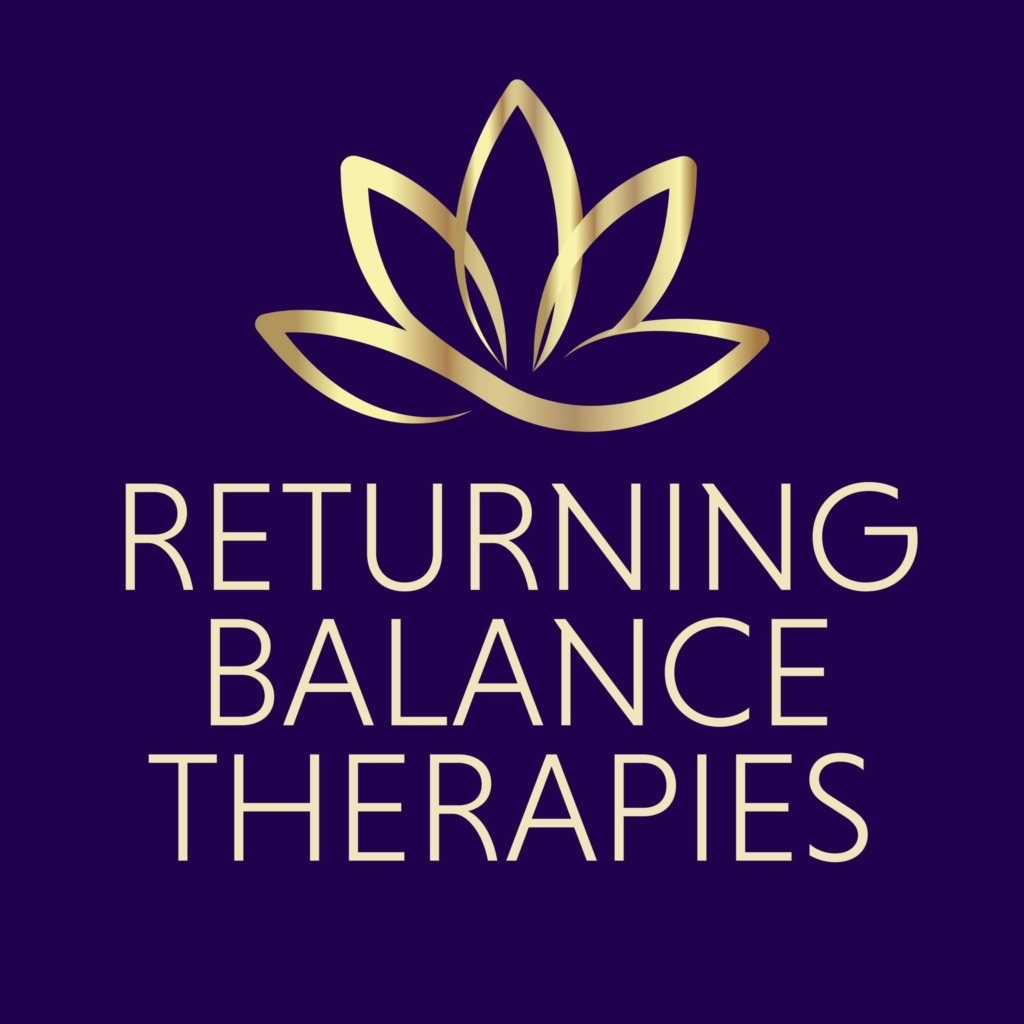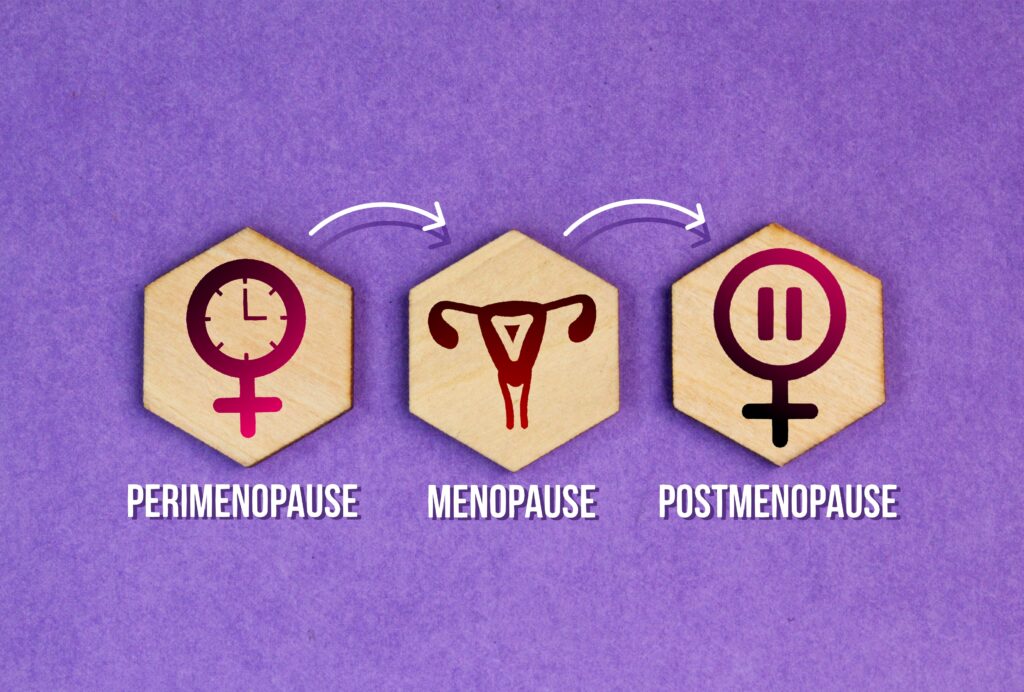Perimenopause and Balance:
The Role of Strength Training, Hormonal Health, Fasting, and Nutrition
Perimenopause, the transitional phase leading to menopause, typically begins in a woman’s 30s or 40s and can last several years. During this period, hormonal fluctuations can lead to various physical and emotional changes, making it essential for women to prioritize their health. Embracing strength training, consulting with a hormone-specific doctor, adopting healthy fasting practices, adjusting food intake based on the menstrual cycle, monitoring stress hormones, and incorporating massage therapy can significantly ease these transitions.
Strength Training for Hormonal Balance
Incorporating strength training into your fitness routine can be particularly beneficial during perimenopause. This form of exercise helps counteract muscle loss and supports bone density, which can decline due to decreasing estrogen levels. A combination of resistance exercises and functional movements not only enhances physical strength but also improves mood, combats weight gain, and boosts metabolism. Aim for at least two to three sessions per week, targeting all major muscle groups.
Consulting a Hormone-Specific Doctor
Understanding hormonal changes during perimenopause is crucial. Consulting with a hormone-specific doctor can provide personalized insights and treatment options. A healthcare professional can assess symptoms, run specific tests to analyze hormone levels, and guide you toward lifestyle changes tailored to your hormonal profile. This step empowers women to make informed decisions about managing their health during this transition.
Fasting and Its Benefits
Intermittent fasting has gained popularity for its potential benefits, including improved insulin sensitivity and weight management. For women in perimenopause, periods of fasting can enhance hormonal balance, promote metabolic health, and support a healthier microbiome. Specific dietary choices like high-fiber foods and fermented items during eating windows can foster beneficial gut bacteria. However, it’s essential to approach fasting mindfully, as extreme caloric restriction can adversely affect hormonal health. Aim for a balanced approach, choosing fasting windows that feel sustainable and healthy.
Tailoring Your Diet to Your Cycle
Food intake can influence how a woman feels during different phases of her menstrual cycle. In the follicular phase, (The period of the menstrual cycle that begins on the first day of menstruation and continues until ovulation.) when estrogen levels rise, women may benefit from nutrient-dense foods rich in protein, fiber, and healthy fats to support energy and mood. Conversely, during the luteal phase, (The period of the menstrual cycle that follows ovulation and continues until the beginning of the next menstrual period.) progesterone rises, leading to cravings and mood swings. Incorporating complex carbohydrates and magnesium-rich foods can help manage these symptoms. Staying hydrated and including antioxidant-rich fruits and vegetables can support overall well-being throughout the cycle.
Monitoring Stress Hormones
Chronic stress can exacerbate perimenopausal symptoms, making it vital to monitor stress hormones such as cortisol. High levels of cortisol can disrupt hormonal balance and contribute to weight gain and mood swings. Incorporating stress-reduction techniques, such as mindfulness, yoga, or deep breathing exercises, can be invaluable. Regular check-ins with a healthcare provider to evaluate stress levels can help develop strategies to mitigate the impact of stress on overall health.
An excellent resource of information on Perimenpausal and Menopause is Dr Mindy (Dr Mindy Plez), and she is a true gem! A “world-renowned women’s health expert on a mission to empower women to Believe in their Bodies and Minds! She is a bestselling author of Fast Like a Girl (top-selling release of 2023 from Hay House Publishing) and The Menopause Reset and now her latest New York Times Bestseller, Eat Like a Girl. Perimenopause and menopause comes with a lot of unpleasant side effects. Hot flashes, fatigue, low mood, anxiety—your body goes through major changes throughout your menopausal years and they can be overwhelming to navigate.”
If you’re struggling during this chapter of life, don’t worry! There are a lot of things you can do to ease the downsides and bring your body back into balance. Talking about this with your partner is also important so they can understand the cycles you are experiencing.
Incorporating Massage Therapy
Massage therapy can also be a beneficial complementary practice during perimenopause. Not only does massage alleviate physical tension and promote relaxation, but it can also reduce stress levels and improve mood. Regular massages may help regulate hormones, enhance circulation, and provide physical relief from the discomfort often associated with this transition. Consider integrating massage therapy into your routine as an essential self-care practice.
In conclusion, navigating perimenopause involves a multifaceted approach to health that includes strength training, hormone monitoring, mindful fasting, tailored nutrition, stress management, and massage therapy. By taking proactive steps and seeking professional guidance, women can empower themselves to embrace this transitional period with confidence and vitality.
Springtime heralds a time for action. Renewal and flow brings in feelings of confidence that allow us to know new beginnings are possible.
Find out more about how you can discover and incorporate balance during Perimenopause and Menopause at Returning Balance Therapies in Glenwood Springs Colorado.

